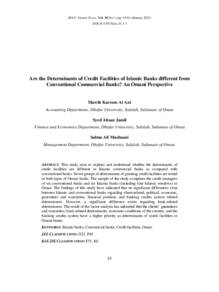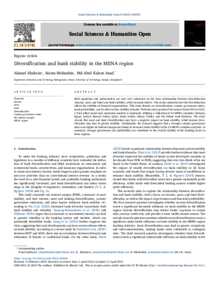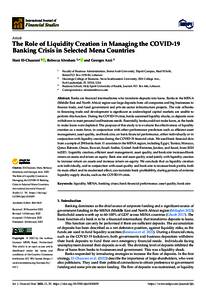Document
The Impact of adopting business intelligence systems on credit risk management : an exploratory study in the Omani Banking Industry.
Publisher
The University of Sheffield.
Gregorian
2016-09
Language
English
English abstract
Business Intelligence (BI) systems have become vital for many organisations, and continue to grow in popularity as important systems of analysis used to inform decision-making. The volatile banking industry, in an environment of increasing financial risk, requires banks to implement the most effective, intelligent solutions available in order to manage risks such as credit risk, market risk and operational risk. The banking sector of Oman has funded many investments and projects to boost its economy, while loan requests have increased significantly in recent times. Additionally, banks are making financial facilities available to local SMEs and investors in order to diversify the economy. The credit risks associated with these developments must be addressed with effective tools. BI tools could play an important role here, but there are few studies to date, which have investigated the effectiveness of such tools.
Aims: This thesis aimed to investigate the impact of adopting BI systems in the Omani banking industry, emphasising the credit risk management area, and more specifically, the effectiveness of BI in mitigating credit risks in Oman's banks.
Methods: This research adopted the inductive approach and was conducted with a qualitative method using semi-structured interviews to collect data. The sample consisted of nine participants recruited from the Omani banking industry, including the Central Bank of Oman, Bank Muscat, HSBC Oman, Oman Arab Bank, National Bank of Oman, and Al IZZ Islamic bank.
iii
Sponsorship
Ministry of higher education - Oman
Member of
Resource URL
Category
Theses and Dissertations






